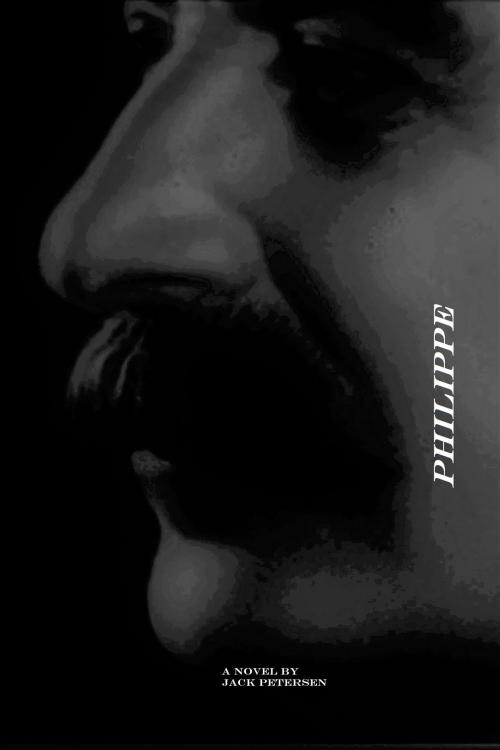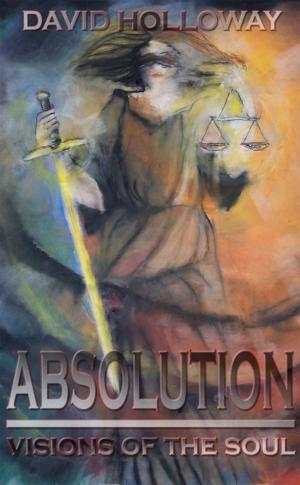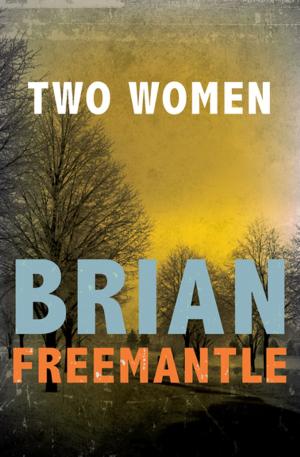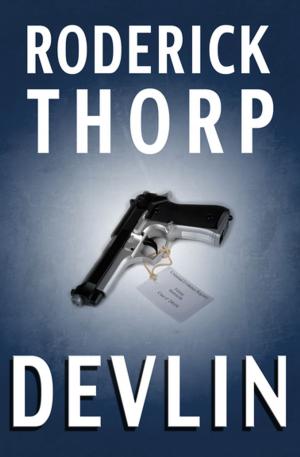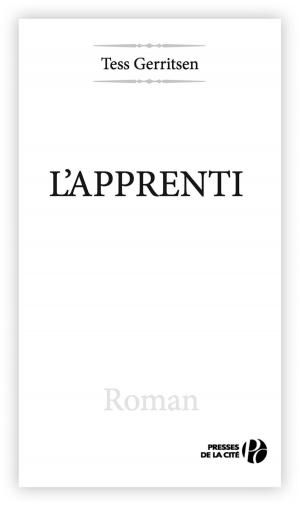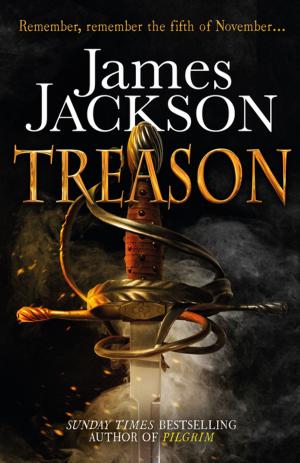| Author: | Jack Petersen | ISBN: | 9780989057189 |
| Publisher: | Jack Petersen | Publication: | March 6, 2017 |
| Imprint: | Smashwords Edition | Language: | English |
| Author: | Jack Petersen |
| ISBN: | 9780989057189 |
| Publisher: | Jack Petersen |
| Publication: | March 6, 2017 |
| Imprint: | Smashwords Edition |
| Language: | English |
Author Interview PHILIPPE
Philippe is supposed to be in hiding but the death of his son brings him out of the shadows intent on avenging his sons murder. What was the initial idea behind this story and how did that transform as you were writing the novel?
Philippe is a follow-on novel to The Birthday Club, which provides the back story to this novel and which ends with the death of Philippe's son at the hands of the crime boss who ordered Philippe's removal. That being the basis for the start of Philippe the story line was allowed to develop from there according to the gradual evolvement of Philippe's character. As with any crime novel, it is the bad guy who drives the story line, and as Philippe's history developed so did the nature of his crimes.
What I liked about the characters in this book was that they weren't good or bad, they live in a sort of grey area. What were the driving ideals behind Philippe's character development throughout the story?
I don't write from an outline, but rather depend on a subconscious-driven methodology where, usually, not even I can predict what the next page might bring. Undoubtedly influenced by past readings of millions of lines of fiction the character develops both in keystone characteristics and idiosyncrasies by some mysterious interaction of influence and logic.
Philippe is written using multiple narratives that weave in and out of differing points of view. Why did you choose this format to tell your story?
Life is neither one-sided nor monochromatic, and I think a good fiction read is one that attempts to maintain some sense of balance between good, bad and neutral. Just telling that a character is rotten to the core and kills without remorse leaves a lot of ground uncovered, and I, for one, just can't help asking: "Why?" I never met anyone during a relatively long existence who is a perfect example of good or bad--we are all a mixture of virtue and sin. Every new character in my writing comes with an unstated history at the outset: one that need filling out to make the story a balanced one. Often this task is left is left to a narrative aside or to the main character, but I choose to let each character tell his or her own story.
If this book is part of a series where do you see the series going?
I've given thought to what might be next, and in fact have a few notions. Nothing on paper yet, but it will come eventually. It's just a matter of forcing that first sentence out after giving in to the inevitable process of write and review, edit, review, edit, review....it does get tedious after a while!
Author Interview PHILIPPE
Philippe is supposed to be in hiding but the death of his son brings him out of the shadows intent on avenging his sons murder. What was the initial idea behind this story and how did that transform as you were writing the novel?
Philippe is a follow-on novel to The Birthday Club, which provides the back story to this novel and which ends with the death of Philippe's son at the hands of the crime boss who ordered Philippe's removal. That being the basis for the start of Philippe the story line was allowed to develop from there according to the gradual evolvement of Philippe's character. As with any crime novel, it is the bad guy who drives the story line, and as Philippe's history developed so did the nature of his crimes.
What I liked about the characters in this book was that they weren't good or bad, they live in a sort of grey area. What were the driving ideals behind Philippe's character development throughout the story?
I don't write from an outline, but rather depend on a subconscious-driven methodology where, usually, not even I can predict what the next page might bring. Undoubtedly influenced by past readings of millions of lines of fiction the character develops both in keystone characteristics and idiosyncrasies by some mysterious interaction of influence and logic.
Philippe is written using multiple narratives that weave in and out of differing points of view. Why did you choose this format to tell your story?
Life is neither one-sided nor monochromatic, and I think a good fiction read is one that attempts to maintain some sense of balance between good, bad and neutral. Just telling that a character is rotten to the core and kills without remorse leaves a lot of ground uncovered, and I, for one, just can't help asking: "Why?" I never met anyone during a relatively long existence who is a perfect example of good or bad--we are all a mixture of virtue and sin. Every new character in my writing comes with an unstated history at the outset: one that need filling out to make the story a balanced one. Often this task is left is left to a narrative aside or to the main character, but I choose to let each character tell his or her own story.
If this book is part of a series where do you see the series going?
I've given thought to what might be next, and in fact have a few notions. Nothing on paper yet, but it will come eventually. It's just a matter of forcing that first sentence out after giving in to the inevitable process of write and review, edit, review, edit, review....it does get tedious after a while!
